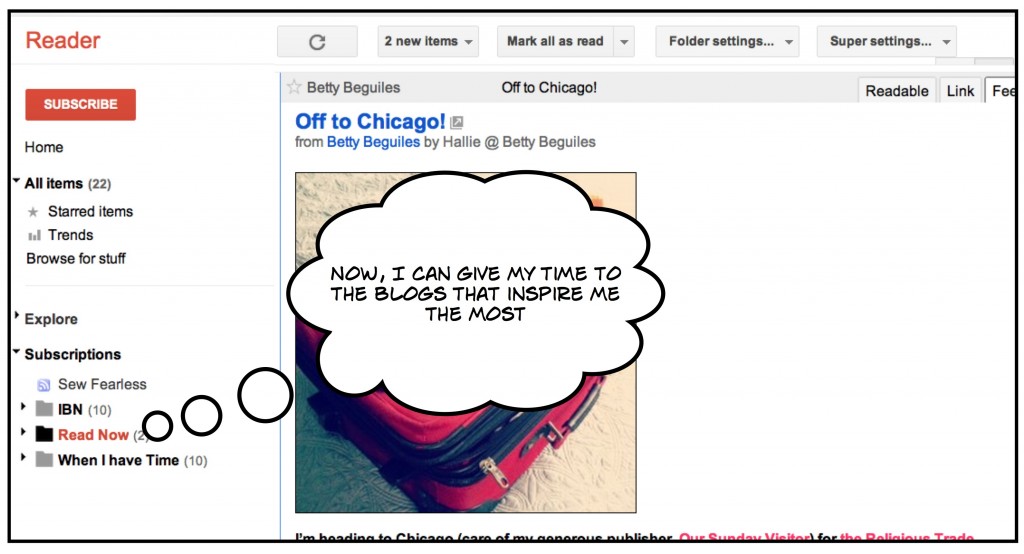A lot of people were surprised by Google’s announcement that it will be killing off Google Reader in a few months’ time, but the vast majority of we users were baffled by the fuss around a product they’d never heard of.
For those who remain uninitiated, Google Reader allowed people to build up a list of blogs and news sources they wanted to follow and then aggregated their headlines in an easy to manage dashboard.
It was great if you put the time and effort into managing all the feeds you wanted, or didn’t want to see, showing up.

Of course, if you didn’t want to do that, you’d be forgiven for thinking that the loss of a service you weren’t interested in won’t impact you.
But the truth is, Google Reader was the driving force for a lot of the best websites around.
Don’t believe me? Just check out the kinds of people who are complaining about its forthcoming demise.
Among them, you’ll find some of the most influential bloggers, journalists and content curators of the digital age.
They’re unhappy because they’re losing one of the most powerful tools they had at their disposal.
The bloggers and journalists will be without one of their main sources of non-mainstream news – the kind of thing that slips under the radar if you’re not looking for it specifically.
Content curators, meanwhile, used the service to distill the web’s most interesting content and then spread it to their loyal followers and readers.
The upshot for non-Google Reader users was that they still got all the benefits of the service, but didn’t really know what was happening.
So although the immediate impact of Google closing down its feed reader will seem limited, ultimately it could have a significant impact on the way information is shared on the web.
Alternatives exist, of course, but the reason this particular service was so admired by its users was that it was by far and away the best at what it did.
In fact, its dominance meant many competing services, unable to gain the traction they needed, went to the wall.
Google Reader will breathe its last on July 1st 2012 and although the gap it leaves will be filled eventually it will take a while.
Don’t be surprised if the web feels a little emptier in a few months’ time.